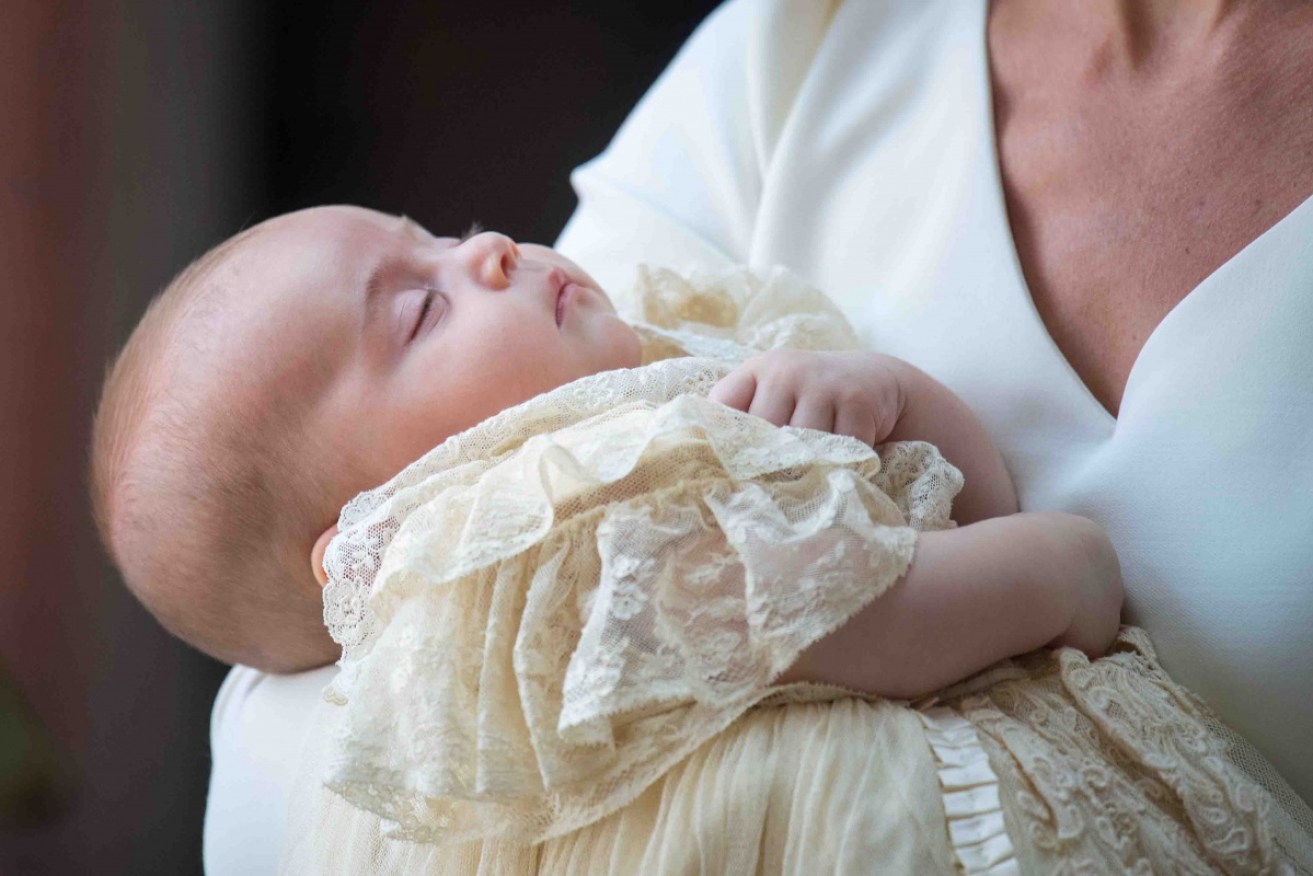What’s in a name? Turns out not much, writes Red Symons


Nominative determination is the idea that your name points you in the direction that you then proceed down, writes Red Symons. Photo: Getty
In the Orthodox christening ceremony, the child is given a name.
The convention is that the name will be one that has precedence by virtue of appearing in the Bible.
A friend told me a droll tale about the christening of Tiffany, his daughter. He and I are not expert in these matters but we were both fairly sure that the name Tiffany does not appear in The Book. The priest, wrestling with this dilemma, confirmed this suspicion and solved the problem artfully.
The child was christened Epiphanea. I guess it sounded close enough at the back of the church.
Every year, the Office of Lists issues the most popular names that newborns are given. This year they are Charlotte and Oliver.
As we move into the 21st Century it seems that the revered text is now 19th Century English literature.
In fifteen years time, in the schoolyard of a preferred school, calling out the name, “Oliver!”, will cause many boys to turn and respond, followed by the call, “No! Not you!” and pointing at the correct person.
Charlotte will be found on social media as [email protected].
On the forms, they are no longer referred to as “christian names”, a perfectly reasonable adjustment, since Arun, Mohammed and Leong are probably not particularly Christian. They are now called “given names”.
Children don’t choose their names.
The often used and simplest expression of the line of genealogy is to name the child after an ancestor. My son, Samuel, shared a name with his great-great-grandfather who I had never met.

This year the most popular names are Charlotte and Oliver.
I asked a Spanish friend once to tell me his “surname”, now referred to on the forms as “family name”. It’s interesting that the Spanish convention is to list not just the single male thread but all the matriarchal family names as well.
It’s a simple question with a long answer.
In Bali, the names Wayan, Made, Nyoman and Ketut simply indicate 1,2,3 and 4. If you have a fifth child you just start again with Wayan Balik meaning “Wayan again”.
My mother told me that in the North of England in her hamlet of culture, within the pale in Danelaw, it was the father who chose the first name and the mother who chose the middle name.
Curiously, both my parents adopted their middle names as their given names. Every child is their parents’ psychoanalyst, but I never got around to asking them about it.
Furthermore, they didn’t give me a middle name. I don’t believe this was the work of an unyielding patriarchal hand but, rather, that I had been given a name that is shared by almost no-one.
I suspect they considered me suitably and uniquely labelled. I have only met one person in my life who has the name Redmond and, in his case, it was his middle, not his given, name.
To this day there are still older Mediterranean people who greet me as “Simon” as though Red is just a colourful adjective.
“How does that feel?”, I hear you ask in a voice that sounds suspiciously like my own.
As a baby, all names are unfamiliar, including Charlotte and Oliver. They are beyond precedent and probably gender as well.
In middle-youth it is burdensome to be ‘other’. When I was 9 and travelling for six weeks to get here by boat, I somehow acquired the name ‘Peter’ amongst my contemporaries. It was simpler not to correct them.
I had become normal.
As one launches into adulthood, it becomes more desirable to be the one and only.
Nominative determinism is the idea that your name points you in the direction that you then proceed down. American TV soaps are full of characters called Rip, Chuck, Rydge, Storm, Bricke and Thorne.
I guess I should be pleased that there are statues with my name scattered around Melbourne although that particular Sir Redmond had mixed success.
If I can give justification to these meandering musings, can I advise that Redmond is the Irish variant of Germanic origin meaning “Wise Protector”.
I do what I can.
Red Symons is a musician of the 1970s, TV vaudevillian of the 80s and 90s, radio voice of the new millennium and a sprinkled condiment in the theatre and print.








